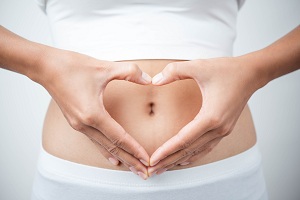Is it possible to have a child after having undergone a heart transplant? According to data collected from 1988 to today, the answer is yes. The future mother must however follow the instructions of the doctor and take some precautions. Only in this way can it safeguard its own health and that of the child.
The only register for post-transplant pregnancy was in the United States. A team of specialists from the Degasperis Cardio Center at the Niguarda hospital in Milan decided to remedy it. The center is one of the most important in Italy for heart transplants, second only to the Padua Polyclinic. The doctors then followed 11 former patients during pregnancy.
The women underwent transplantation between 1985 and 2016. One of them had two children and none of the 12 children showed birth damage or signs of heart disease. It is the first time that such a study shows a rate of 100% of children born alive. The conclusions of the study are therefore positive: having a child after a transplant is possible.
The desire for motherhood is also indicative of how much the survival rate has increased. Ten years after the transplant, about 70% of patients survive. Although life expectancy is lower than average, there is still time to have a child and see it grow.
Doctors recommend waiting at least a year after transplantation to cope with pregnancy. In this way the risk of cardiac vasculopathy and rejection can be excluded, which would reduce life expectancy. Furthermore, it is important to always consider the risk of premature birth and reduced birth weight.
Source: lastampa.it
















